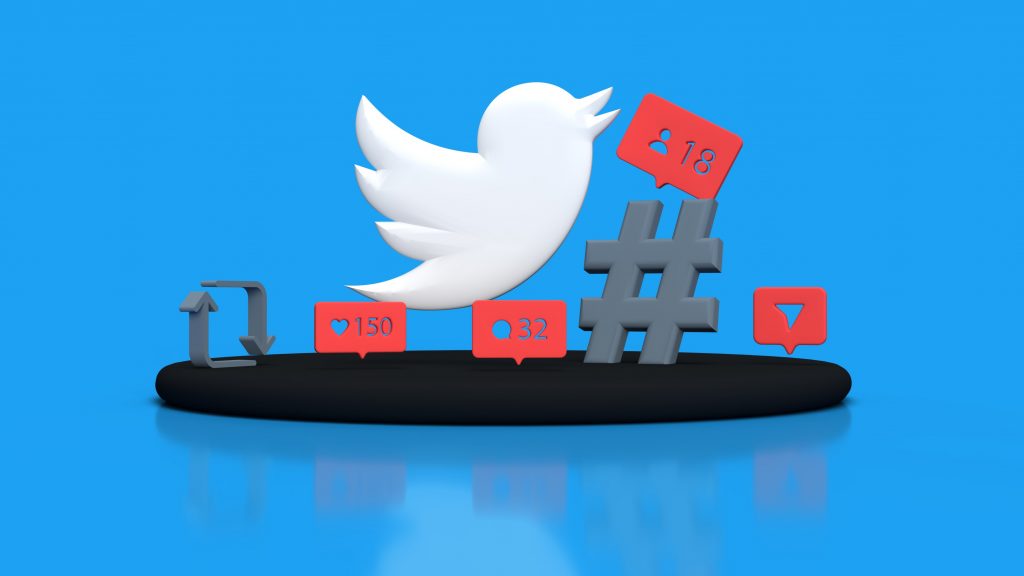I don’t know about you, but I didn’t need research to tell me that we’re all a bit angrier than we used to be.
But, research we have. BMB recently conducted research in conjunction with The Drum and House51; it found that British people were “angrier as a nation” than they were in 2016.
- 21% of UK adults said they were “experiencing heightened rage.”
- 37% said that they were more likely to blame and see anger in others.
- 21% of people said that they had already been angry on the day they were interviewed.
- 60% said that they felt angry at least once a week.
Northern England (84%) and Scotland (70%) hosted most of the angry people; meanwhile, 62% of women who responded to the survey had felt angry in the previous week, and 58% of men had too.
One of the main drivers behind our seething rage? Politics.

I would be surprised by this, but then I remembered feeling outraged watching analysis of US political news before realising that I had no control over the financing of the American healthcare system, or the potential negative impact of the tax bill on anyone who isn’t Moneybags Mcginty.
And as anyone who’s trying to master the art of Zen knows, if something is way out of your control, you need to take a breath and focus on the stuff that is in your control.
And…what does this have to do with brands and, you know, crisis?
A lot of people are finding it easier to get angry. No matter what side of the pond you’re on, or what side of the political divide, there’s usually something in the day’s news to send your outrage meter into the stratosphere.
And social media is the perfect platform for this anger to spread. In 2016, a Beihang University study of millions of posts on Weibo found that anger spread faster on the platform than any other emotion. Anger, it turns out, is more influential than joy.
This is a problem for brands when dealing with anything from a full-blown crisis to a single dissatisfied customer on social media. One complaint on Facebook can become an entire thread of people reporting the same issue, or saying that they too have been waiting in all day for a repairman that never arrived.
People who may have been mildly frustrated, start to become angry as enraged people join the conversation. It’s easy to end up with a lot of negative sentiment on your Facebook page or directed at your Twitter account.
How can brands manage people’s anger?
Listen to what’s really being said
We’re not short of things to be angry about. It’s quite likely that the person flying into a rage about the cable guy not turning up is just at their particular ‘rage limit’ for the time being.
To the person dealing with the complaint, getting angry about a simple delay may seem excessive, but think about what the real issue is. They aren’t angry that the person is late, they’re angry that they’ve had to take the day off work when they didn’t need to, they’re angry that there was no text message to inform them there would be a delay. They’ve been inconvenienced and feel like the company doesn’t care about their time.
Even if you reply with sympathy, if you don’t understand why the customer is upset it will come through in the response.
Don’t be afraid of the S word
We’ve seen a lot of cases where brands refuse to apologise during a crisis. To apologise is to admit wrongdoing – what will the legal team say?
But expressing (genuine) empathy is one of the most important ways to overcome a crisis.
If the brand does nothing but post corporate sounding platitudes, or it just does a cut-and-paste of some parts of the press release, there’s no way to see that the brand cares about what’s happening – beyond caring about the impact on its reputation.
Give your social media team permission to act (and escalation guidelines)
If those on the social media front lines don’t feel able to solve problems, they won’t be able to engage in constructive conversations.
Yes, significant issues need to be escalated (and there need to be guidelines in place about how to do this), but if all the social media customer service team can do is respond with vague replies, people will realise that they cannot solve their problems. The situation may just get worse.
Don’t hide critical content
Deleting Facebook comments that aren’t abusive, just critical of the brand, will damage the brand’s reputation. It’ll also make people angrier.
They’ll know that the brand cannot be trusted.
By keeping critical comments up and by solving the customer’s issue, brands show that they can accept justified criticism, that they listen and take action. This goes a long way in quelling anger and creating a positive perception of the brand.
Keep it conversational, not corporate
Social media started as a way for people to talk to people, not as a way for brands to talk to fans or to advertise their products. At its heart, social media is still driven by people-to-people conversations.
Whether it’s during a crisis, or just when they’re upset about something, people don’t want to talk to a faceless entity. They want to talk to a person.
Hiding behind cold corporate language distances the brand from its customers and does nothing to reduce anger.
A lot of anger stems from feeling out of control and disconnected. We don’t like what’s happening to us, to others or the world in general, but we feel powerless to change it. So, we take to social media to share our outrage, or we get very annoyed at small things when we can’t control the major ones.
Most brands will need to deal with people’s anger at one point or another. The question is, will they be able to turn that anger into constructive solutions – into genuine progress – or will they simply struggle to cope?
–
Featured image by Malik Earnest on Unsplash








